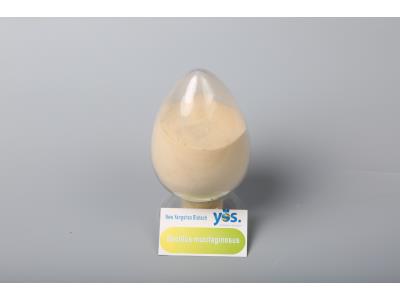OEM ODM Paecilomyces Lilacinus(Agricultural )
Description
Paecilomyces lilacinus is a remarkable endoparasitic fungus recognized as a vital natural enemy of various plant-parasitic nematodes. This unique organism targets worm eggs and infects both larvae and female worms, effectively reducing the populations of root-knot nematodes, cyst nematodes, and stem nematodes across numerous crops, thereby mitigating other harmful plant nematodes.
The fungus serves multiple functions, making it an effective biocontrol agent. It produces a range of enzymes, including chitinase, cell lyase, glucanase, and silk protease, which enhance its ability to parasitize nematodes and inhibit their invasion. Additionally, it generates indole acetic acid-like products that promote root and plant growth as well as seed germination.
Moreover, Paecilomyces lilacinus contributes to environmental protection by promoting the dissolution of insoluble phosphates and aiding in the decomposition of various chemical polymers, such as pesticides and tannery wastewater.
Specifications
| Attribute | Details |
|---|---|
| Type | Endoparasitic Fungus |
| Primary Function | Biocontrol of plant-parasitic nematodes |
| Enzymes Produced | Chitinase, Cell Lyase, Glucanase, Silk Protease |
| Growth Promotion | Indole acetic acid-like products |
| Environmental Impact | Decomposes insoluble phosphates and chemical polymers |
Additional Information
Paecilomyces lilacinus is not just a fungus; it is a sustainable solution for enhancing crop health and protecting the environment from harmful chemicals.
.jpg)
-150x150.jpg)

.jpg)

